
- Shandong Loyal Industrial Co.,Ltd.
- SHORT-CUT PASTA PRODUCTION LINE LONG-CUT PASTA PRODUCTION LINE INSTANT PASTA PRODUCTION LINE
Home> Application> Embracing Innovation: Full Automation Redefines Pasta Lines with High Efficiency and Energy Savings

Embracing Innovation: Full Automation Redefines Pasta Lines with High Efficiency and Energy Savings
Embracing Innovation: Full Automation Redefines Pasta Lines with High Efficiency and Energy Savings
Introduction
The Short-Cut Pasta Production Line technology of Shandong Luoya Industrial Co., Ltd. has introduced advanced technologies from Capitanio and Gidamak .The pasta manufacturing industry is witnessing an evolution marked by transformative innovations. Embracing innovation has become a cornerstone in enhancing efficiency and energy savings. This introduction sets the stage for exploring how full automation is redefining pasta lines, bringing forth unparalleled advancements in both productivity and sustainability.

Technological Revolution in Pasta Lines
In the ever-evolving landscape of pasta production, continuous technological innovation stands out. The integration of full automation represents a revolutionary leap forward, redefining efficiency in the manufacturing process. Industry experts, including representatives from Barilla, Banza, and Jovial, emphasize the crucial role of energy conservation as a driving force in modern pasta manufacturing.
Components of Full Automated Pasta Lines
Exploring the core components of full automated pasta lines is vital to understanding the comprehensive nature of this innovation. From automating mixing and extrusion processes to achieving precision in cutting and drying techniques, these systems showcase innovations in packaging, collectively contributing to maximum efficiency. The integration of these components ensures a seamless and efficient pasta production process, meeting the demands of modern manufacturing standards.
Redefining Efficiency
Full automation is not merely a technological upgrade; it's a redefinition of efficiency in pasta manufacturing. Through increased output and productivity, advocated by brands like DeLallo, and stringent quality assurance measures, the industry is achieving consistent excellence. The adoption of automated systems streamlines processes for operational excellence, ensuring that each stage of pasta production contributes to the overall efficiency of the system. This redefined efficiency is a cornerstone of modern pasta manufacturing, setting new standards for quality and productivity.
High Energy Savings Strategies
Sustainability is at the forefront of full automated pasta lines, with brands like Garofalo leading the way in resource-efficient operations and showcasing optimal energy conservation practices. These strategies not only underscore the commitment to responsible manufacturing but also exemplify the eco-friendly initiatives driving the industry. The alignment with Whole Foods 365 Everyday Value reinforces a collective dedication to sustainable practices, creating a harmonious balance between technological advancement and environmental consciousness.
Overcoming Challenges in Full Automation
In the pursuit of fully automated systems, overcoming challenges becomes an integral part of the transformative journey. Implementing these revolutionary technologies is not without its hurdles, and the industry recognizes the ongoing process of addressing potential obstacles. Continuous improvement strategies, endorsed by industry leaders like Colavita, play a pivotal role in steering the evolution towards perfection. The commitment to overcoming challenges showcases the resilience and determination within the pasta manufacturing sector to push the boundaries of innovation further.
As technological advancements continue, adaptability to market dynamics and consumer demand remains crucial. The ever-changing pasta industry landscape requires full automated systems to be not only efficient but also flexible. This adaptability ensures that brands can respond swiftly to shifts in market trends and consumer preferences. By staying agile, the industry demonstrates its commitment to staying ahead of the curve and maintaining a competitive edge.

Future Perspectives for Pasta Lines
Looking into the future, the landscape of automated pasta production is poised for transformative changes. Emerging trends indicate a substantial shift towards sustainable innovations that will redefine the industry. Forward-thinking brands, exemplified by pioneers like Colavita and others, spearhead efforts to anticipate and align with future needs. The ability to foresee market shifts and understand consumer preferences becomes more than a strategic advantage; it becomes integral for staying ahead and ensuring sustained success.
The future perspectives for pasta lines are dynamic and multifaceted, shaped by a deep commitment to innovation and sustainability. As technology continues to evolve, the industry embraces a forward-thinking approach that not only meets current demands but also sets the stage for future excellence. In this dynamic landscape, the pasta manufacturing sector is poised to usher in an era characterized by efficiency, sustainability, and a profound understanding of the evolving market.
Conclusion
In conclusion, the redefined efficiency brought about by full automation in pasta lines is a testament to the industry's commitment to innovation. The amalgamation of increased productivity and optimal energy conservation propels pasta manufacturing into a future marked by unprecedented advancements. As we look forward, the trajectory of pasta lines is set to continue with unmatched efficiency and energy savings.

Common Questions about Full Automated Pasta Lines
1. What is the primary advantage of full automated pasta lines?
Full automated pasta lines offer unparalleled efficiency and energy savings. The integration of automation streamlines the entire production process, from mixing to packaging, ensuring consistent quality and increased output.
2. Are full automated pasta lines adaptable to different pasta varieties?
Yes, modern full automated systems are designed with flexibility in mind. They can be configured to produce various pasta shapes and types, showcasing the adaptability of this advanced technology.
3. How do automated systems ensure quality control in pasta production?
Automated pasta lines incorporate precision and quality assurance measures at each stage of production. This includes automated checks for size, texture, and other quality parameters, ensuring every batch meets the highest standards.
4. What role does energy efficiency play in full automated pasta lines?
Energy efficiency is a key focus in modern pasta manufacturing. Full automated systems, exemplified by brands like *arofalo* prioritize resource-efficient operations, contributing to optimal energy conservation and sustainable practices.
Contact Us

- Shandong Loyal Industrial Co.,Ltd.
- Telephone+86 13176674591
- Email[email protected]
- WhatsApp+86 13176674591
- WeChat13176674591
- AddressC623, Jiahui Global Plaza, No. 548, Beiyuan Street, Tianqiao District, Jinan City, Shandong Province
- Factory AddressADD -300m North of Zhangxia Industrial Park, Binhe Road, Zhangxia Town, Changqing District, Jinan
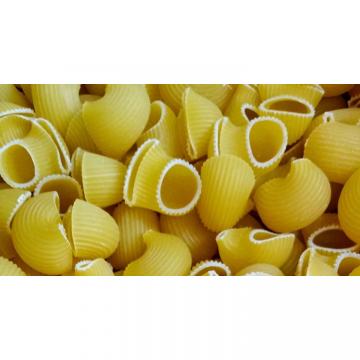

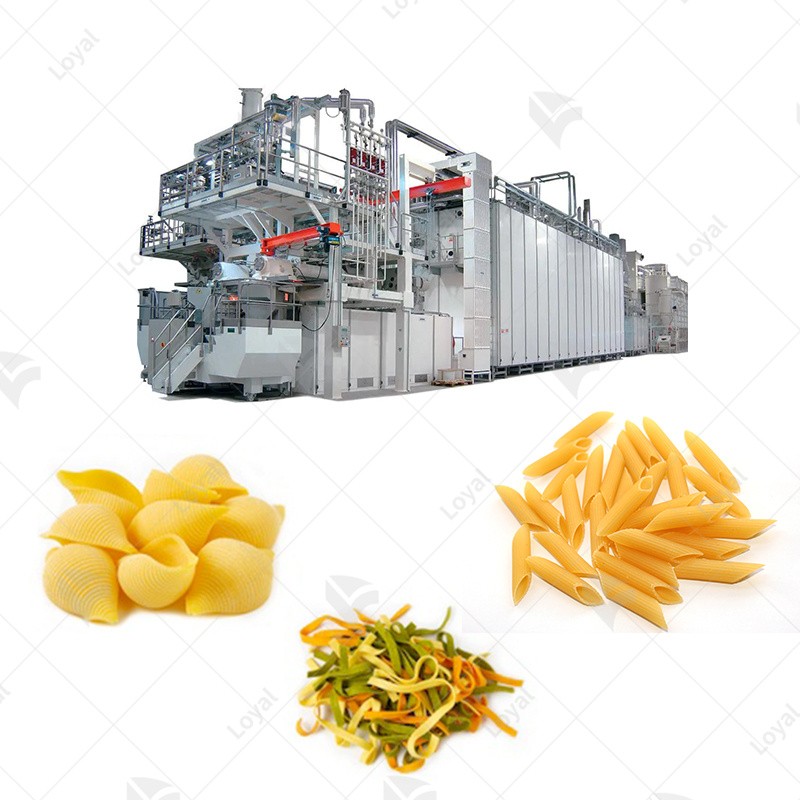

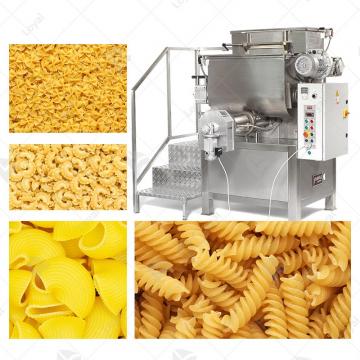
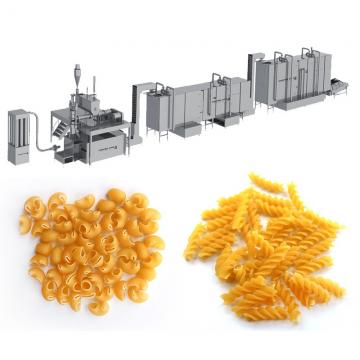 Vacuum Extruder Pasta Machine
Vacuum Extruder Pasta Machine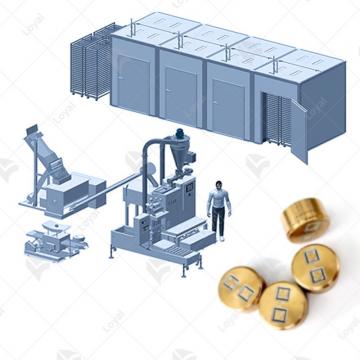 Combined Pasta Machine
Combined Pasta Machine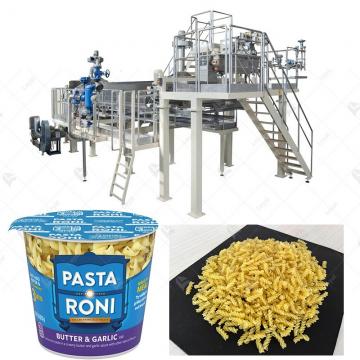 Instant Pasta Production Line
Instant Pasta Production Line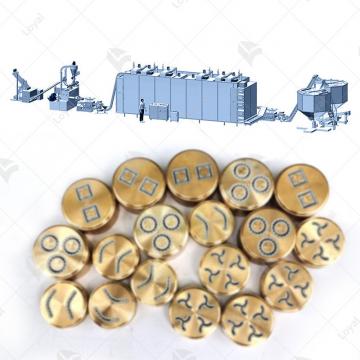 Macaroni Pasta Production Line
Macaroni Pasta Production Line